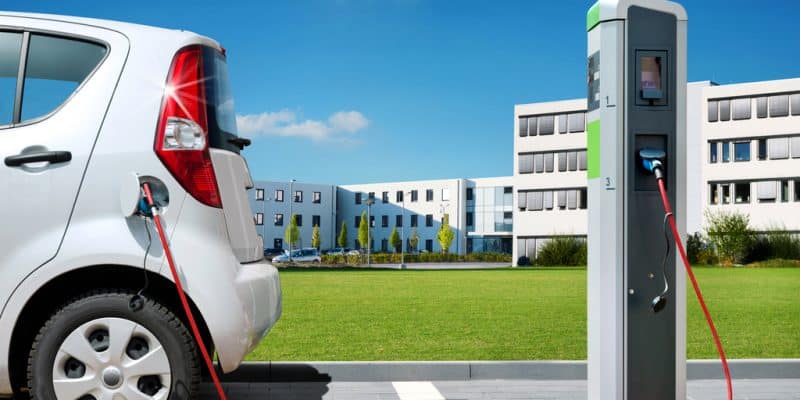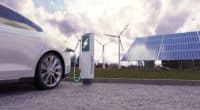In Kenya, the state-owned electricity company Kenya Power has announced a $331,000 (40 million Kenyan shillings) investment programme in electric mobility. This funding will eventually contribute to the decarbonisation of the East African country's transport system.
Having just successfully completed the testing of 13 electric bicycles used by its meter reading teams in the field, state-owned utility Kenya Power is determined to implement its strategy to develop sustainable mobility in Kenya. The programme, which is in line with the East African country’s green transition, will require funding of $331,000 (40 million Kenyan shillings).
The funds already available will initially be used to purchase a fleet of electric vehicles (two vans, 50 bicycles and four electric cars) and to deploy charging stations in all 47 Kenyan counties. To do this, Kenya Power intends to work with start-ups operating in the mobility sector, such as Roam Motors, which is preparing to put locally assembled electric buses on the road by 2023.
Turning your back on fossil fuels?
“With an installed electrical capacity of 3,077 MW and an off-peak load of 1,100 MW, Kenya has enough power to support the entire electric mobility ecosystem. Kenya Power therefore intends to significantly reduce its carbon footprint by purchasing more electric vehicles for mitigation measures to combat global warming,” says Geoffrey Muli, Kenya Power’s acting managing director.
Earlier in the second quarter of 2022, Kenya Power announced the installation of charging stations across the country starting with the capital city of Nairobi and Nakuru County. The facilities, which will come on stream before 2023, will be able to power 50,000 buses and two million motorbikes with electricity supplied by Kenya Power. According to the national company, these stations will contribute to the explosion of the electric vehicle market in order to support the ecological transition in Kenya.
Read also-KENYA: KenGen installs a charging station for electric vehicles in Nairobi
However, thermal vehicles are still mainly used in Kenya, especially on major roads such as the commercial corridor between the capital Nairobi and the port area of Mombasa. In this context, the carbon dioxide (CO2) emissions generated by these vehicles accelerate air pollution. This affects the health of local populations and at the same time increases global warming in this East African country.
Benoit-Ivan Wansi






